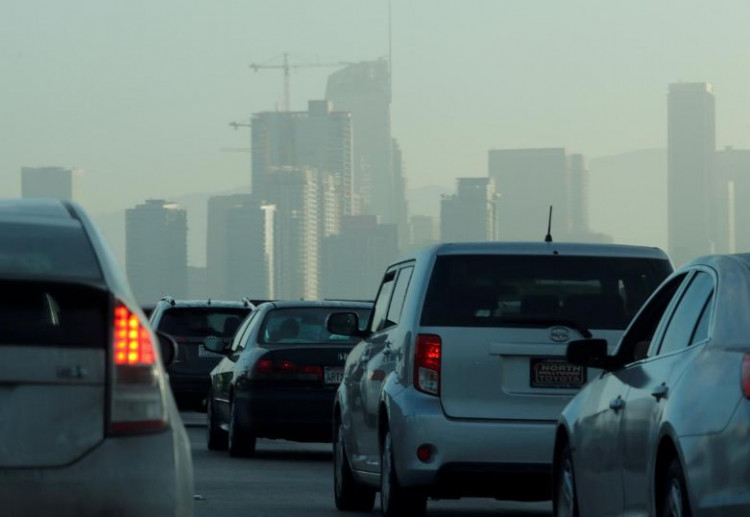Three Chinese firms are already using LanzaTech's unique microbes for commercial purposes, turning waste emissions into ethanol, thanks to licensing agreements.
The mixture contains billions of hungry bacteria that are trained to eat pollutants in the air. This is the first stage in a recycling system that turns greenhouse gases into useful products. Through partnerships with well-known companies like Zara and L'Oreal, this ethanol is then utilized as a chemical building block for consumer goods like plastic bottles, athletic clothing, and even dresses.
The only American company among the 15 contenders for the Earthshot Prize, an honor for environmental achievements established by Prince William of Britain and broadcaster David Attenborough, is LanzaTech.
On Friday, (Dec 2) five winners will be revealed. According to LanzaTech, it has produced 190 million liters of ethanol while preventing 200,000 metric tons of carbon dioxide from entering the atmosphere.
Microbiologist Michael Kopke, who joined LanzaTech a year after its founding notes that compared to the actual amounts required to tackle climate change, that represents a drop in the ocean. However, after investing 15 years in creating the system and demonstrating its viability on a broad scale, the company is now looking to increase its ambition and the number of participating factories.
About 200 people work for LanzaTech, which compares its carbon recycling process to a brewery but uses carbon pollution and bacteria to produce ethanol rather than sugar and yeast to make beer. Years ago, the bacteria employed in their procedure was discovered in rabbit droppings.
Kopke said the business deployed it in industrial settings to optimize it there, "almost like an athlete that we trained." Corporate clients with large, several-meter-tall replicas of the vats back in Chicago are delivered bacteria in the form of a freeze-dried powder.
Two ferroalloy plants and a steel plant are the clientele in China. Six additional locations are being built, including ones for an ArcelorMittal plant in Belgium and the Indian Oil Company in India. As per Zara Summers, vice president of science at LanzaTech, the method is incredibly adaptable because the bacteria can consume CO2, carbon monoxide, and hydrogen.
A collection of dresses from Zara is among the products that are already in the stores. They cost about $90 and are made of polyester, 20% of which is made from gas that has been caught.
Additionally, LanzaTech established a different business, LanzaJet, to use ethanol to produce "sustainable aviation fuel," or SAF. The aviation industry, which uses a lot of fuel and is trying to go green, faces a significant hurdle in increasing global SAF production.
By 2030, LanzaJet wants to produce one billion gallons of SAF annually in the United States. Fuel produced from greenhouse gas emissions doesn't require the use of agricultural land, in contrast to bioethanol made from wheat, beets, or corn.






